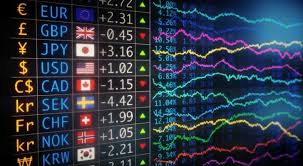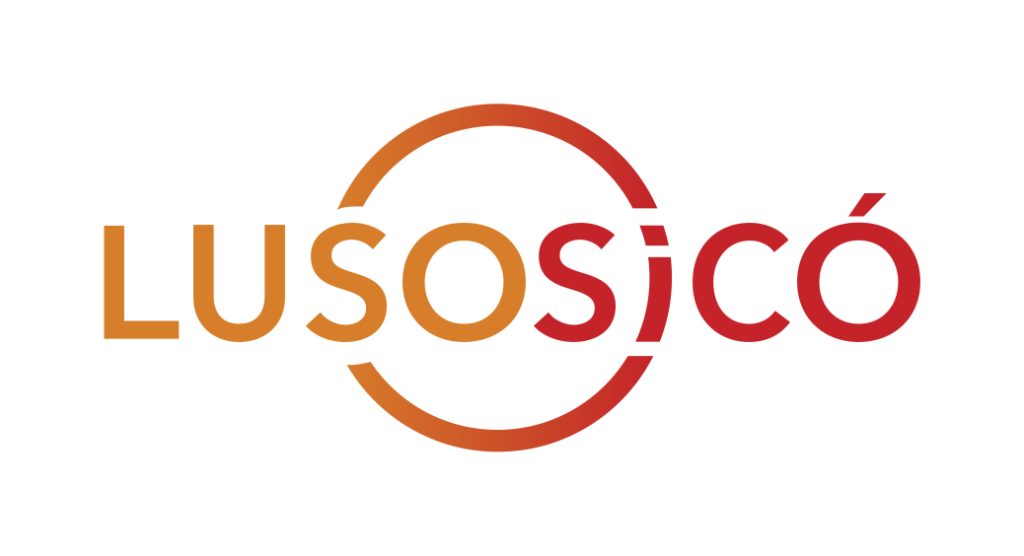
If you’re considering a foray into investing and the financial markets, you might be torn between trading trading forex vs stocks Trading PH or stocks. Each market presents unique opportunities and challenges, and understanding these differences can help you make an informed decision that aligns with your financial goals and trading style. In this article, we will compare trading forex with trading stocks across various aspects such as liquidity, volatility, leverage, market hours, and the required skill levels.
1. Market Overview
Forex, or foreign exchange, is the largest financial market in the world. It involves trading currencies and is a decentralized market with a daily turnover exceeding $6 trillion. In contrast, the stock market comprises various exchanges where shares of publicly traded companies are bought and sold. While both markets offer opportunities for profit, they operate quite differently.
2. Liquidity
Liquidity refers to how quickly and easily an asset can be bought or sold without affecting its price. The forex market is incredibly liquid; with a constant influx of transactions, you can typically enter and exit positions without significant slippage. In comparison, liquidity in the stock market can vary greatly from one stock to another. For blue-chip stocks, which are highly traded, liquidity is usually high. However, smaller stocks with lower market capitalization may experience lower liquidity, making it harder to execute trades at your desired price.
3. Volatility
Volatility is a measure of how much the price of an asset fluctuates over a given time period. Both forex and stocks can exhibit significant volatility, but the two markets behave differently. Forex pairs often show less volatility relative to stocks during normal market conditions, though economic events, interest rate changes, and geopolitical developments can lead to sudden spikes in currency values. On the other hand, stocks may experience volatility driven by earnings reports, mergers and acquisitions, or broader economic indicators. Understanding the volatility of the assets you’re trading is crucial; higher volatility can lead to greater potential profits as well as increased risk.
4. Leverage
Leverage allows traders to control a larger position with a smaller amount of capital. In forex trading, leverage can be quite substantial, with ratios often exceeding 50:1 or even 100:1, depending on the broker and regulations in place. This means that with a deposit of $1,000, you can control a position worth $50,000. Although leverage can amplify profits, it equally increases the risk of losses. In the stock market, leverage is generally lower, often capped around 2:1 or 4:1 for retail traders. This lower leverage can be more prudent for those who are new to trading, as it mitigates the risk of significant losses.

5. Market Hours
The forex market operates 24 hours a day, five days a week, beginning with the opening of the Sydney session, followed by Tokyo, London, and then New York. This extensive trading window enables traders to take advantage of price movements at virtually any time. In contrast, stock markets operate on fixed hours that vary by exchange and region, typically being open during daytime hours of their respective time zones. This discrepancy can be a significant factor for traders who want the flexibility to trade at any hour or those who prefer to focus on specific times when markets are most active.
6. Required Skill Levels
Both forex and stock trading require knowledge and skills, but the learning curve can differ. Forex trading often necessitates an understanding of macroeconomic factors, central bank policies, and currency pairs, which can be complex for beginners. Conversely, stock trading may require knowledge of company fundamentals, earnings reports, and sector performance. While both markets can be approached with various strategies, stock trading may provide a more straightforward entry point for novice investors looking to understand the companies behind their investments.
7. Investment Strategies
Investors can employ various strategies in both markets. Forex trading strategies may include technical analysis, scalping, day trading, and swing trading, often utilizing charts and indicators to predict price movements. In contrast, stock market strategies range from short-term trading approaches to long-term investing based on fundamentals. Each market can accommodate different types of traders, whether they prefer rapid trades or holding positions for longer durations.
8. Costs and Fees
While both forex and stock trading come with their own set of costs, the fee structures can differ significantly. In forex, the primary cost of trading is typically the spread—the difference between the bid and the ask price. Some brokers may also charge commissions, but many have adopted a no-commission model. In the stock market, traders often encounter commissions, particularly when trading with traditional brokers, although many online platforms now offer commission-free trading for certain stocks. Additionally, stock traders should consider transaction fees and taxes related to capital gains.
Conclusion
When deciding between forex and stock trading, it’s essential to consider your personal risk tolerance, investment goals, and available time to commit to trading. Forex offers high liquidity, 24-hour trading, and significant leverage, which may appeal to active traders. Meanwhile, stocks provide the opportunity to invest in tangible businesses and potentially benefit from long-term growth. Ultimately, the best choice depends on your individual preferences, knowledge, and financial objectives. Each market has its advantages and challenges, and understanding these factors will help you make a more informed trading decision.
